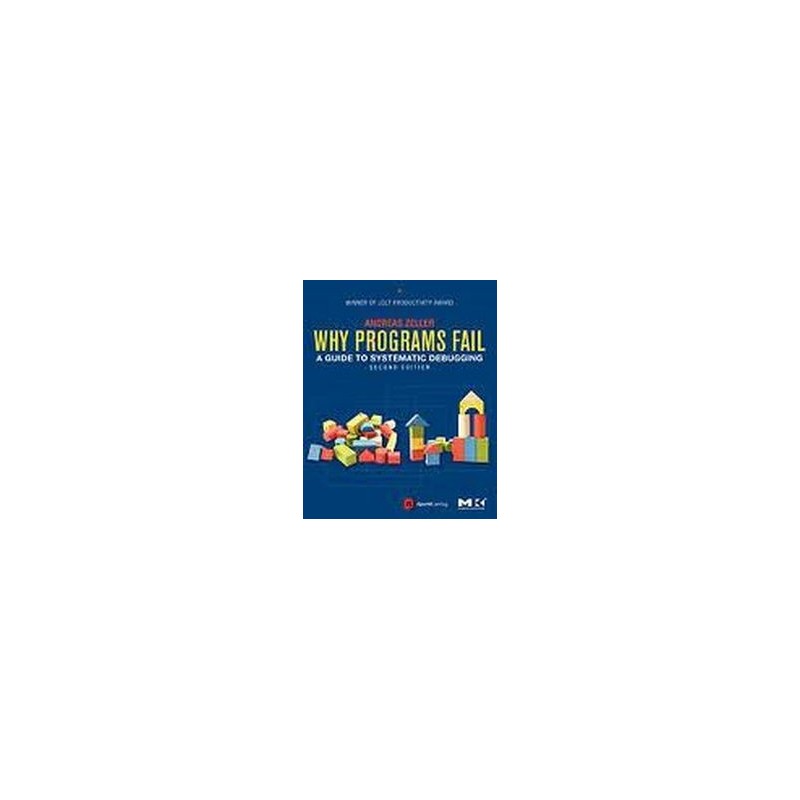- Obecnie brak na stanie



Zestaw zawierający Raspberry Pi Pico oraz Raspberry Pi 4B 4 GB. W skład zestawu wchodzą również niezbędne złącza, przewody, zasilacz oraz obudowa - radiator
Brak towaru
Zestaw zawierający Raspberry Pi Pico oraz Raspberry Pi 4B 8 GB. W skład zestawu wchodzą również niezbędne złącza, przewody, zasilacz oraz obudowa - radiator
Brak towaru
Zestaw zawierający Raspberry Pi Pico oraz Raspberry Pi 4B 4 GB. W skład zestawu wchodzą również niezbędne złącza, przewody, zasilacz oraz obudowa - radiator z wentylatorami
Brak towaru
Zestaw zawierający Raspberry Pi Pico oraz Raspberry Pi 4B 8 GB. W skład zestawu wchodzą również niezbędne złącza, przewody, zasilacz oraz obudowa - radiator z wentylatorami
Brak towaru
Płytka z mikrokontrolerem RP2040 wyposażonym w dwa rdzenie ARM Cortex-M0+, które pracują z częstotliwością 133 MHz, 264 kB RAM. Na płytce znajduje się również 16 MB pamięci QSPI flash. Układ może być programowany w C/C++ lub microPython. SparkFun DEV-17717
Brak towaru
Zestaw z płytką FPGA Terasic DE10-Nano oraz modułem Bluetooth i WiFi. Przeznaczony do projektów wykorzystujących FPGA do pracy w chmurze. TerasIC P0685
Brak towaru
Magnes trwały neodymowy walcowy o średnicy 10 mm i wysokości 2 mm.
Brak towaru
Magnes trwały neodymowy walcowy o średnicy 10 mm i wysokości 1 mm.
Brak towaru
Magnes trwały neodymowy walcowy o średnicy 10 mm i wysokości 1,5 mm.
Brak towaru
Magnes trwały neodymowy walcowy o średnicy 10 mm i wysokości 3 mm.
Brak towaru
Magnes trwały neodymowy walcowy o średnicy 10 mm i wysokości 4 mm.
Brak towaru
Magnes trwały neodymowy walcowy o średnicy 10 mm i wysokości 7 mm.
Brak towaru
Magnes trwały neodymowy walcowy o średnicy 12 mm i wysokości 2 mm.
Brak towaru
Magnes trwały neodymowy walcowy o średnicy 12 mm i wysokości 1,5 mm.
Brak towaru
Magnes trwały neodymowy walcowy o średnicy 12 mm i wysokości 1 mm.
Brak towaru
Magnes trwały neodymowy walcowy o średnicy 12 mm i wysokości 3 mm.
Brak towaru

